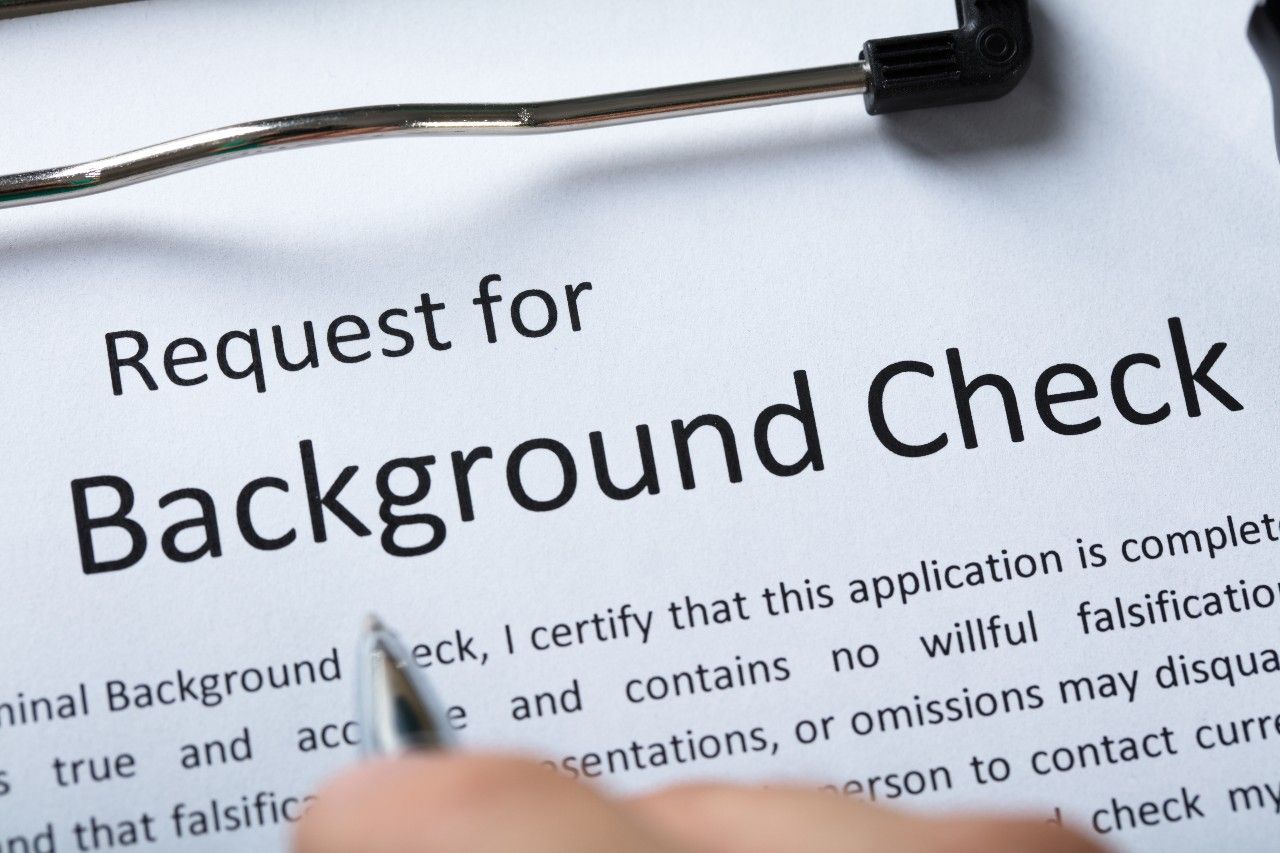Top Class Actions’s website and social media posts use affiliate links. If you make a purchase using such links, we may receive a commission, but it will not result in any additional charges to you. Please review our Affiliate Link Disclosure for more information.

In November 2017, Disney asked a three-judge panel to affirm the company’s win in a lower court.
However, a three-judge panel recently found that plaintiffs in the 30 consolidated lawsuits provided enough evidence to show that autistic guests may experience hardship due to “virtual” waiting.
This hardship allegedly comes from autistic individuals’ nonexistent concept of time and need for routine, and is not remedied by Disney’s Disability Access Service (DAS) program which allows autistic guests to avoid a physical line.
“The claimed disability is waiting at all,” the panel determined. “Disney’s DAS program accommodates the need to avoid physical lines, but not the need to avoid waits. It addresses the geographic burden but not the temporal one. Plaintiffs still must wait.”
In 2014, the guests filed their lawsuit against Disney in California, urging the parks to do away with the DAS program and return to a previous program which offered no wait access to rides.
Disney had discontinued the prior program and replaced it with the DAS program in 2013 after nondisabled guests allegedly abused the prior program. However, plaintiffs argue that the DAS program involved longer wait times which may cause “meltdowns” in autistic guests.
After the case was transferred to a Florida federal court, Disney won summary judgement in April 2016. The judge ruled that Disney had provided sufficient accommodations to autistic guests in order to remove inequalities.
Following their win in a district court, Disney asked the court of appeals to uphold their wins, claiming that it is “not enough to show that the DAS Card does not eliminate all discomfort or difficulty.”
However, the panel found that, under the Americans with Disabilities Act (ADA), Disney still needed to accommodate autistic people.
“The record, however, creates factual issues about whether plaintiffs are able to transition to other activities without meltdowns or other behavioral challenges when they cannot access rides in their already-fixed routine orders or cannot access the same ride repeatedly,” the panel wrote.
In their decision, the panel upheld the lower court’s decision to award Disney summary judgment in relation to claims that the company intentionally discriminated against plaintiffs.
However, now that the appeals panel has given the guests an opportunity to argue their case in a bench trial, they may be able to provide evidence of Disney’s intent during the trial should they choose to continue their argument that the parks’ DAS was never intended to accommodate individuals with cognitive disabilities.
“This is excellent news for my clients,” the plaintiffs’ counsel told Law360. “We will now get our chance to prove that Disney discriminates against persons with severe cognitive impairments, which is all we ever wanted.”
The Disney guests are represented by Anthony Dogali of Dogali Law Group PA and Eugene Feldman of Arias Sanguinetti Wang & Torrijos LLP.
The Disney Autistic Class Action Lawsuit Consolidated Appeal is A.L., et al. v. Walt Disney Parks and Resorts US Inc., Case No. 1612647, in the U.S. Court of Appeals for the Eleventh Circuit.
ATTORNEY ADVERTISING
Top Class Actions is a Proud Member of the American Bar Association
LEGAL INFORMATION IS NOT LEGAL ADVICE
Top Class Actions Legal Statement
©2008 – 2024 Top Class Actions® LLC
Various Trademarks held by their respective owners
This website is not intended for viewing or usage by European Union citizens.














